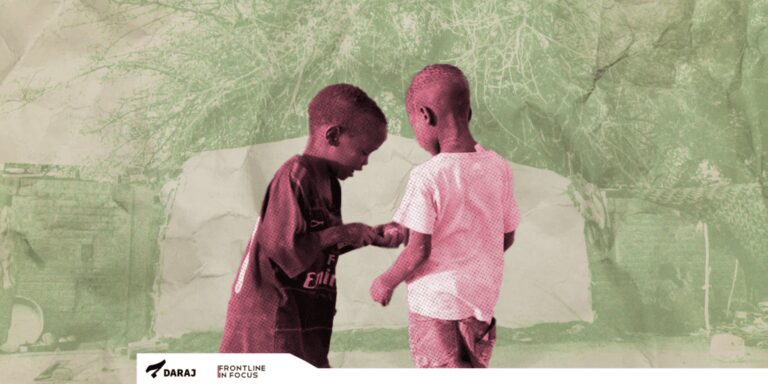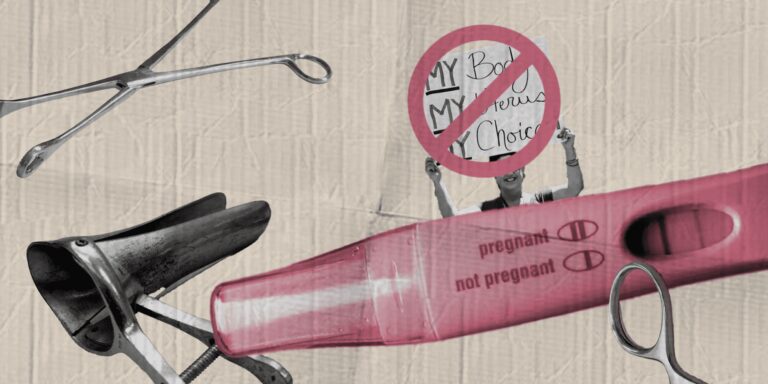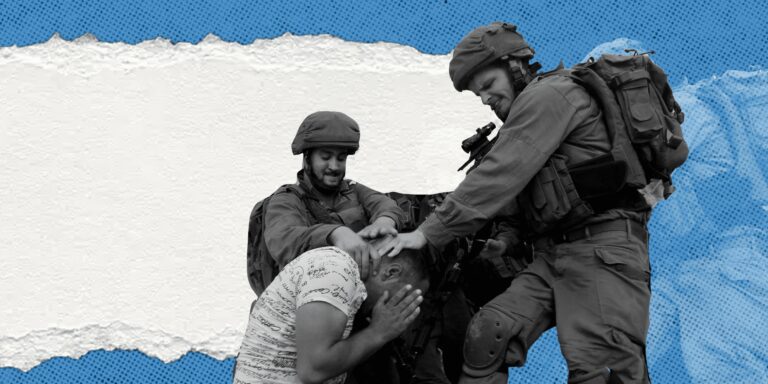One may find contrasting scenes in the ongoing war in South Lebanon between Hezbollah & Israel.
As the war reaches its ninth month, Lebanese villages adjacent to the Israeli border continue to endure its impacts. Meanwhile, the prolonged conflict appears to induce a sense of indifference in the villages outside the immediate war zone.
We are witnessing a form of unfeigned boredom, which might be a harsh description, or at its worse, a human ailment toward the tragedy of the war-affected villages.
This description is subject to two interpretations. The first is that the indifference, observable in the normal life outside the “strip” of war, which serves Hezbollah’s perspective by stripping the war of some of its significance. This would mean that indifference is a daily act of disowning the fear that Israel intended and intends to instill through its war in the south.
However, Hezbollah’s perspective is challenged by an equally compelling interpretation. The lack of fear from the war’s context is rooted in a presumed belief that the current conflict is confined to a specific geography, and those outside it deal with the war from a distance, often imagining it as a scenario they are immune to.
Shaqra, a village in the south, serves as a significant indicator of these dual perspectives. It is a model where Hezbollah’s narrative can be fluidly applied, as well as the view that distances itself from political and military investments in the war.
Shaqra borders the villages of Hula, Mais al-Jabal, and Blida, which, along with Aita al-Shaab, have borne much of the war’s bloody and destructive scenes. Wadi al-Salouqi separates Shaqra from these villages, forming a dividing line between scenes of death and life.
In Shaqra, there is no sign of war or its repercussions that have affected neighboring villages. This is also true for the villages of Baraachit and Majdal Silm, which share the aforementioned “strip.”
Currently, Shaqra hosts the majority of displaced families from Hula, Mais al-Jabal, and, to a lesser extent, Blida. Family relations, such as intermarriage and kinship, have helped mend one of the war’s dire effects, displacement, while the proximity of these villages remains a strong driver for the latter.
More than 250 displaced families currently reside in Shaqra, embodying the dual perspectives mentioned above.
For instance, visiting Shaqra by day or night may mislead one’s intuition about the state of its residents and the displaced, given the natural flow of life as if the nearby war is being fought far away. This gives an impression of indifference shared between two interpretations: a political one and a human irony.
This scene also encompasses something more intense than the two mentioned interpretations. It reveals, somewhat daringly, that the boredom with the war among the displaced suggests a third indifference, indicating the heavy burden of indifference if the war were to escalate further.
Currently, the cultures of “death” and “life” emerge as the most contentious sectarian exports between Hezbollah and its war opponents. The recent remarks by MP Mohammad Raad, specifically in opposition to a “Christian” comment, exemplify this cultural dichotomy.
Cafes bustling from day to night, thriving commercial and food stores indicating a level of affluence, crowded streets filled with residents and displaced persons, almost suffocating with their presence— these are the conditions of Shaqra which Hezbollah could, for instance, promote as a testament to southern resilience against the culture of death. At the same time, an observer like the author behind this piece could highlight the bustling aspect of “life” in Shaqra.
The fact that Shaqra remains outside the war, either through Hezbollah’s claimed neutralization or its usual seasonal congestion, has granted it a described intensity of life. This life has only been marred by a single Israeli air raid on a house on its outskirts, an experience which the writer himself survived.






